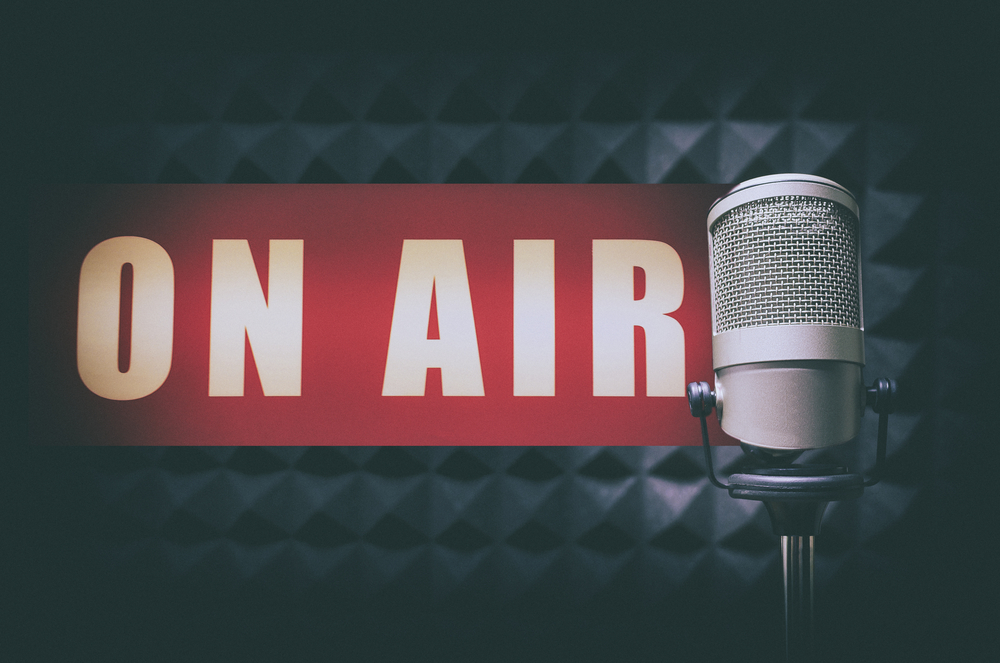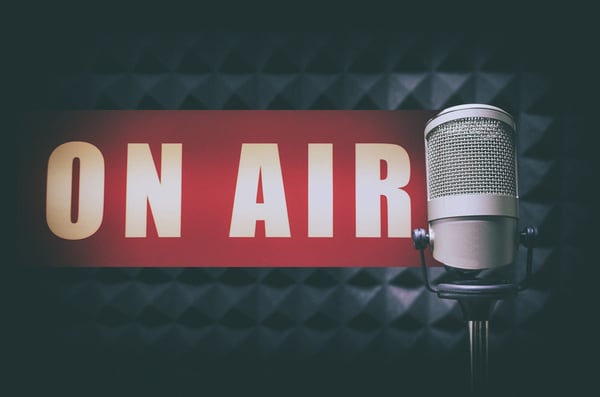Missouri Marketing Resource Blog

Does Radio Really Work?

Of course we’re going to say “YES” – you knew we would. You also know a simple Google search will produce a myriad of articles explaining why radio advertising works. What you probably DIDN’T already know is that radio works so well, it can actually work against you. But that is entirely within your control – and that’s what this blog is about.
The formula for determining whether radio is going to work for or against you is startlingly simple;
Are you delivering on your promise to customers? YES = radio will accelerate your businesses’ growth. NO = radio will accelerate your businesses’ downfall.
The Facts
The simple fact is that radio, if implemented correctly, is so effective as controlled word of mouth that you really don’t have a choice as to whether it will work. The only choices you have are A) whether to utilize radio and B) whether to deliver on the promises you make through radio.
If you’re not convinced that radio works (and you haven’t Googled it yet), here’s one quick example of how it does. See if you can match these local slogans with their corresponding local businesses:
- “Now you’ve got a friend in the pest control business.”
- “Lean across the table and shake hands with _____________.”
- “Boogie on down for burgers and beers.”
- “______ Mobile Glass, We come to you!”
- “Tires. Service. Straight talk.”
- “A bank that’s good for you and your community too.”
- “Smiles recommended by 5 out of 5 moms.”
- “Unnnnnnncomfortable.” OR “We’ll put you in your comfort zone.”
Answers: 1.) Steve’s Pest Control; 2.) Mid America Mortgage; 3.) Billiards on Broadway; 4.) Mark’s; 5.) Big O Tires; 6.) Mid America Bank; 7.) Willett & Patton, DDS; 8.) Aire Serv
If you knew any of the answers to these, chances are you listen to radio—because radio is the primary mode of delivery for these advertising campaigns. That alone should be a pretty convincing argument that it works. If you’re one of the local brands who have advertised on the radio over the years and now enjoy a recognizable slogan, then you already know it works and you already know why. If you’re one of the local brands who aspire to this level of recognition, the good news is you can get there—because it WILL work. But, as the aforementioned successful brands above have already learned, it’s entirely up to you as to whether it works FOR you or AGAINST you.
As an oversimplified example, if Mark’s Mobile Glass says “We come to you!” then they’ll attract customers who need glass repair but can’t (or don’t want to) drive to Mark’s service station. If they DO drive out to customers and repair their windshields or windows in a timely, reliable and pleasant fashion, word will spread and more customers will be attracted to the service. But if Mark’s Mobile Glass has some hidden requirement, like “we’ll come to you – but only IF you have over $5,000 worth of glass damage to repair” and customers find more often than not that Mark’s isn’t going to come to them to fix a broken windshield, well guess what happens next… Now word of mouth is really going to spread; and it’s NOT going to be favorable. Business will dry up faster than it would have if they’d never advertised to begin with--because it would have taken longer for a critical mass of customers to discover them or hear about them and turn against them. In that time, they could have made critical changes to their business model to reverse the negative experience and save their reputation.
Again, this is just an oversimplified example; luckily, Mark’s Mobile Glass mobile delivery is free and there are no hidden exceptions or fees. They do deliver on the promise they make in their commercials, and therefore their advertising works for them. They have enjoyed growth and success.
Whatever your service or deliverable may be, if you only make promises you can keep – and you do in fact keep those promises – then radio will work for you too. Once you identify such promises, ideally at least one of them is something your competition either cannot promise or simply isn’t talking about. That’s your difference maker and that’s the promise you should make in every single advertisement you release.
A Roar Turns More Heads than a Whisper…
There’s an old saying in the radio biz: “What’s the best jingle? Answer: The one that gets played the most often.” It’s a simple principle that extends to radio commercials. Making the right promise and keeping it is certainly critical – but when, where, how often and with what wording you announce your promise determines the rate of accelerated growth for your results. We refer to that as message frequency.
It’s the difference between standing on a strategic street corner for five minutes a day to announce your promise to consumers and hand out flyers -- versus having ten people stand on strategic street corners all day long announcing your promise to consumers and handing out flyers. This is not to simply say that more is better; there are times that are more optimal than others, stations that are more suited to your message and target audience and frequencies that best meet strategic requirements. But don’t worry – you’re not expected to know what those are. Your marketing representative at the radio stations knows what those are.
As luck would have it, the marketing experts at Zimmer Communications understand both messaging and frequency very well. If you’re not sure what promises you should make, or what frequency you should use when making them, talk to us; not only can we help you identify them, when you’re ready we can help you spread the word in grand style so you enjoy exponential growth and success for years to come… that’s our promise to you.

